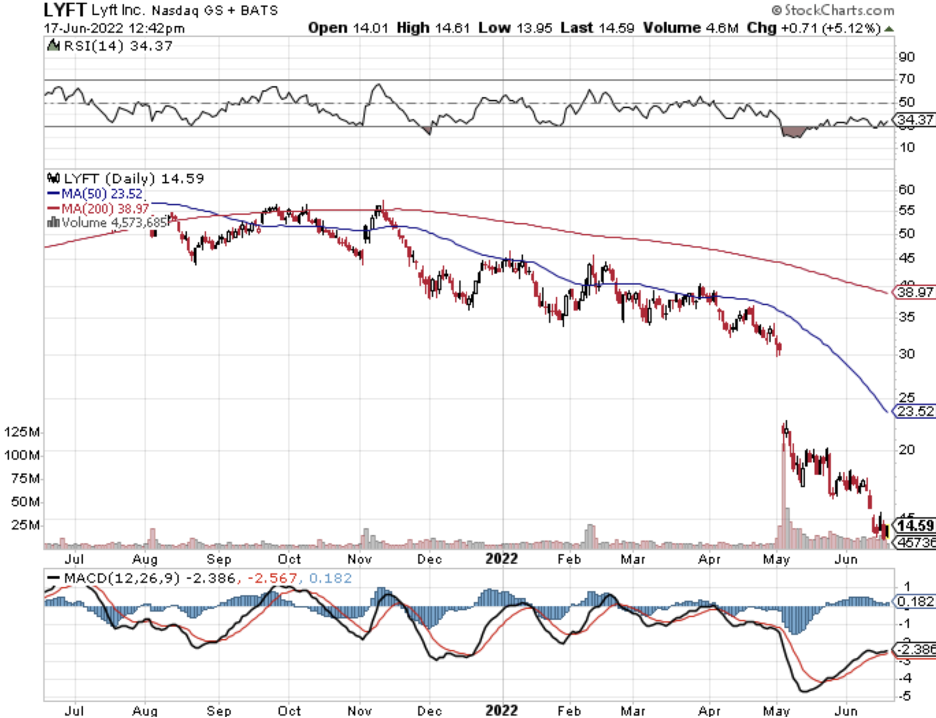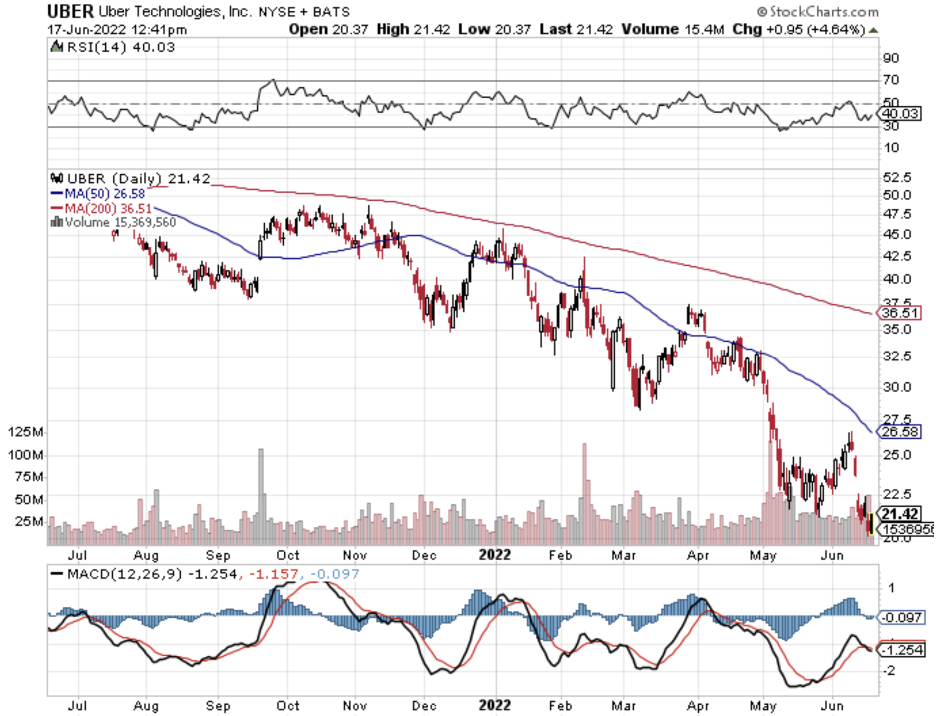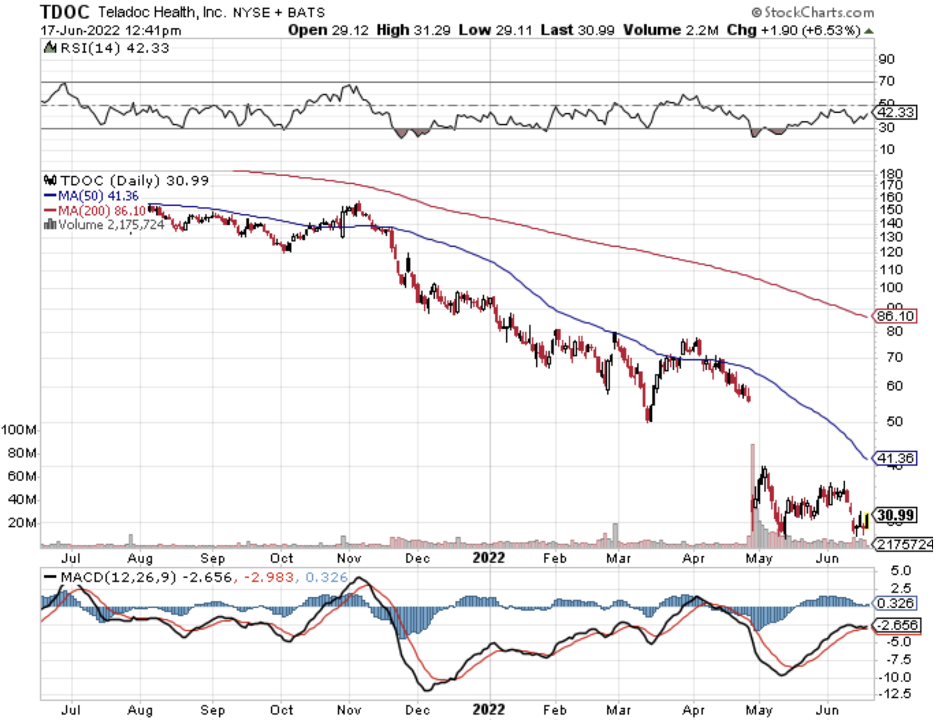The New Tech Landscape
When the sushi hits the fan – the sushi really does hit the fan.
We are at the beginning of a massive tech reckoning, and many will shed a tear because of the new changes.
The lavish era of artificially rock-bottom-priced interest rates that fueled an unconscionable tech bubble has now reached an end.
There wasn’t even a main street parade for the closing.
Many fortunes were christened over the past 13 years, mostly by the "Who’s Who" of Silicon Valley as founders and CEOs.
This meant that wild speculation was the flavor of the day which was a force that delivered the equity markets astronomically high tech valuations that we have never seen before.
Those likely won’t be back any time soon.
Many investors haven’t adjusted to the new normal yet.
Similar to 2009, the founders & executives that run VC-backed companies have been quick to figure it out.
They understand that the cost of capital is now exorbitantly high and that high cash burn rates are now impossible.
These artisanal tech companies with zero killer technology like Uber, Lyft, and Peloton are more or less screwed in this new environment.
Even though the executives and founders get what is going on, the same can’t be said on the field of play.
Tech employees who may have enjoyed higher than average success aren’t prepared to enter this new era where accountability and costs matter.
When I talk about employees, I am referring to the ones working in technology in the Bay Area.
Up until now, tech employees have been used to pretty much naming their benefits and compensation package and companies fighting over them.
A rude awakening meets them as tech companies who once showered stock options on new employees now wait in horror as that same method of payment is demonstrably less attractive to future employees with low stock prices.
Most employees have only experienced this amusement park-like setting in the Bay Area, which is what led to many employees dictating the work-from-home situation.
Unfortunately, they might now have to come into the office or get fired.
In many ways, this is not their fault. Excess capital led to excessive showering of employee benefits and heightened expectations.
Unfortunately, you can't ignore the fact that if your company isn't cash flow positive & capital is now expensive, you are living on borrowed time.
During the arbitrary societal lockdown, many companies experimented with remote workers, most from outside of the Bay Area.
Based on anecdotal conversations, this trend is likely to continue post-pandemic. This means the Bay Area employee is now competing with a broader set of alternatives.
In today's world, positive cash-flow matters & surviving requires outmaneuvering competitors.
You need teammates that are ready to grit it out and not whine like an adolescent teenager.
Sadly, we may have conditioned a contingent of employees in a way that is incongruent with this mindset.
As we enter the cusp of layoffs, the guy at the bottom is clearly hurt the most or the last one in is usually the first out.
There is nobody to blame for this situation.
The low rates encouraged that type of poor behavior because they could get away with it.
When everybody is making money, most companies don’t clamp down and top employees can’t get away with a lot.
Tech firms like Teledoc (TDOC) and DocuSign (DOCU) are in real trouble if the capital markets only offer them 10% cost of capital for the next few years.
As the greater economy looks to reset, the goalposts have narrowed in the technology sector and the firms considered “successful” from here on out will have a checkmark next to profitability.
Growth at all costs has now been substituted with survive at all costs in Silicon Valley, so get used to it.





